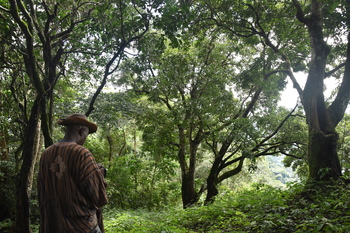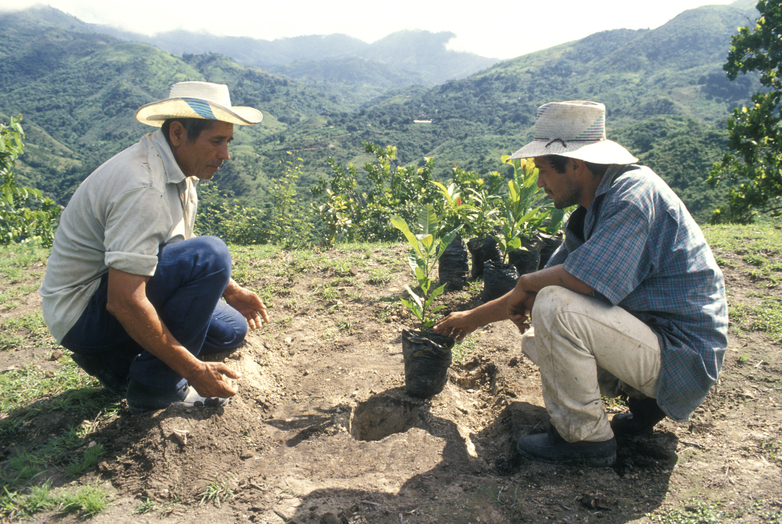Helping to shape international forest policy
Sector programme ‘international forest policy’
-
Client
German Federal Ministry for Economic Cooperation and Development (BMZ)
-
Country
-
Runtime
2024 to 2026
-
Products and expertise
Climate, environment, management of natural resources

Context
People are more willing than ever before to protect forests and manage them in a climate-friendly manner. Nonetheless, many millions of hectares of forest are lost every year – mostly in tropical and subtropical regions. This loss not only accelerates climate change and biodiversity loss, but also destroys the livelihoods of many people. Around a third of people worldwide rely on forests for their food and income.
Forest conservation has risen in political significance due to its positive climate effects and, as a result, more funding is available from international donors. However, in many countries this engagement is outstripped many times over by investment in agriculture and farming, which can potentially lead to deforestation.

Objective
Germany’s Federal Ministry for Economic Cooperation and Development (BMZ) shapes key international processes and initiatives relating to forest conservation. It manages forest-related measures in partner countries and develops them further.
Approach
The programme supports BMZ in shaping forest policy at the United Nations (UN) – for example with regard to the Rio Conventions, which the UN has made a binding legal commitment to uphold in order to promote biodiversity. The programme also helps BMZ to maintain alliances with ambitious forest countries and donors – such as the Forest and Climate Leaders’ Partnership (FCLP).
In international partnerships, for example at the World Bank, the programme follows the dialogue between donors and provides strategic support for effective forest financing.
It also advises BMZ on expanding the ‘rights, resources and representation’ of Indigenous Peoples and local communities for the purpose of forest conservation.
 © GIZ / Richard Lord
© GIZ / Richard LordLast update: September 2024




